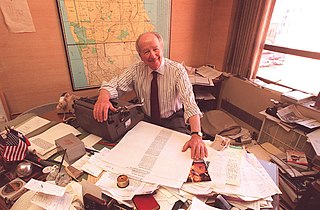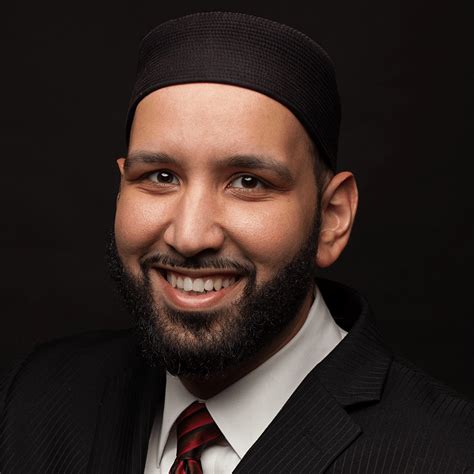A Quote by Valerie Plame
I didn't appreciate how special and sometimes strange my CIA world was - until it suddenly and spectacularly ended in a newspaper column.
Related Quotes
I had written a lot about my dog dying before. I wrote a newspaper column about it and it turned out to be the most popular column I'd ever written. That and the lame Joni Mitchell column I did. But the dog column, my god! People love dogs. Anybody who writes regularly should know, when in doubt: dogs! If you're a columnist, when in doubt, write a column about the culture of narcissism - like a scolding column about the culture of narcissism - or write something about dogs. That's the homerun in my take.
It's been a wild ride. I hope people can appreciate how special it is to see the people that ran well today; how special and sometimes fleeting greatness can be even from yourself. I gave it everything I had and for a short period of time I did very very well and I'm very proud of that and I'm leaving it at that. I did the best I could.
To me, the newspaper business was a way to learn about life and how things worked in the real world and how people spoke. You learn all the skills - you learn to listen, you learn to take notes - everything you use later as a novelist was valuable training in the newspaper world. But I always wanted to write novels.
What's less well known is that the CIA's executive management staff is far more concerned with selecting the right candidates to serve as CIA officers than it is about selecting agents overseas. The CIA dedicates a huge portion of its budget figuring how to select, control, and manage its own work force. It begins with instilling blind obedience. Most CIA officers consider themselves to be soldiers. The CIA is set up as a military organization with a sacred chain of command that cannot be violated. Somebody tells you what to do, and you salute and do it. Or you're out.







































